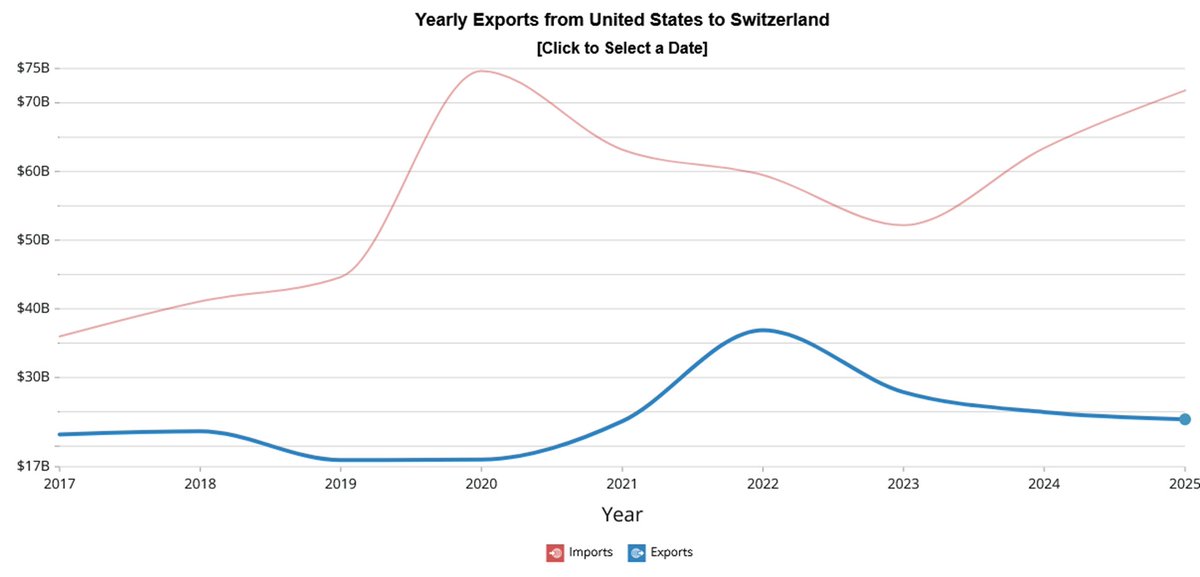Let's look at the EU gas situation (ex Serbia, Ukraine, Norway, CH). Overall, the seasonal %-fill for EU members (below) is lowest in a decade (yellow line). That will not change as we show below. Train left the station.
#NaturalGas #Europe
#NaturalGas #Europe

Meanwhile, the withdrawals of natural gas are coming in seasonally the earliest in a decade! Again, yellow line. If that trajetory (in GWh/d) remains, EU gas prices will hit record soon again. IMHO, a likely. We will see. 

So is the gas coming overproportionally in? Answer: no, overall injection rate (in GWh/d) is in fact seasonally low. Only 2011 & 2012 were lower. However, ... 

Were is the gas seasonally missing? Answer: Austria, Germany (both due to Gazprom), the Netherlands but also Italy. France? Fine, after all they are mainly using nuclear energy :-). Below the Netherlands! 

Here is Austria: 56% is the lowest. Only Ukraine (which is gas starved geopolitically by Russia) has less. Austria matters a lot. With Baumgarten, it is gas hub for Central & Eastern Europe (CEE) or 80 million people. Poland looks fine (96%), but rest is low, between 75-86%. 

Denmark is also low. Not dramatic at 81% but worth mentioning because it was one of the reasons why the EU runs low on gas. Danish offshore wind farms did not deliver this summer as expected. It just had a below wind season. Period. 

Germany is EU's largest gas consumer. It's fill % (below) is seasonally lowest in 10 years. Gazprom has not filled its German "Gazprom storage". I am not competent to speculate why. Is it geopolitics or simply a gas production issue at Gazprom? More insight welcome! 

Since the spike in EU gas prices, VVP mentioned he will inject come 9 Nov. One measure is the injection point. Data goes back to 2014. Never been so low! Why? The NS2 pipeline approval in Germany? Not sure it is that easy. 

I just don't see the fix in the coming weeks looking at seasonal injection patterns (in GWh/d). Does not make sense to suddenly have gas that is seasonally needed (Russian winter). But maybe I am wrong. Maybe Gazprom can inject 40TWh at will. Certainly no Russian gas expert. 

If they can, they should start asap because the weather forecast is for a cold December in Germany. That will not help restrain withdrawal rates. In sum, I don't see the fix for EU gas prices. We will see.
https://twitter.com/BurggrabenH/status/1453450316343660550?s=20
• • •
Missing some Tweet in this thread? You can try to
force a refresh


















